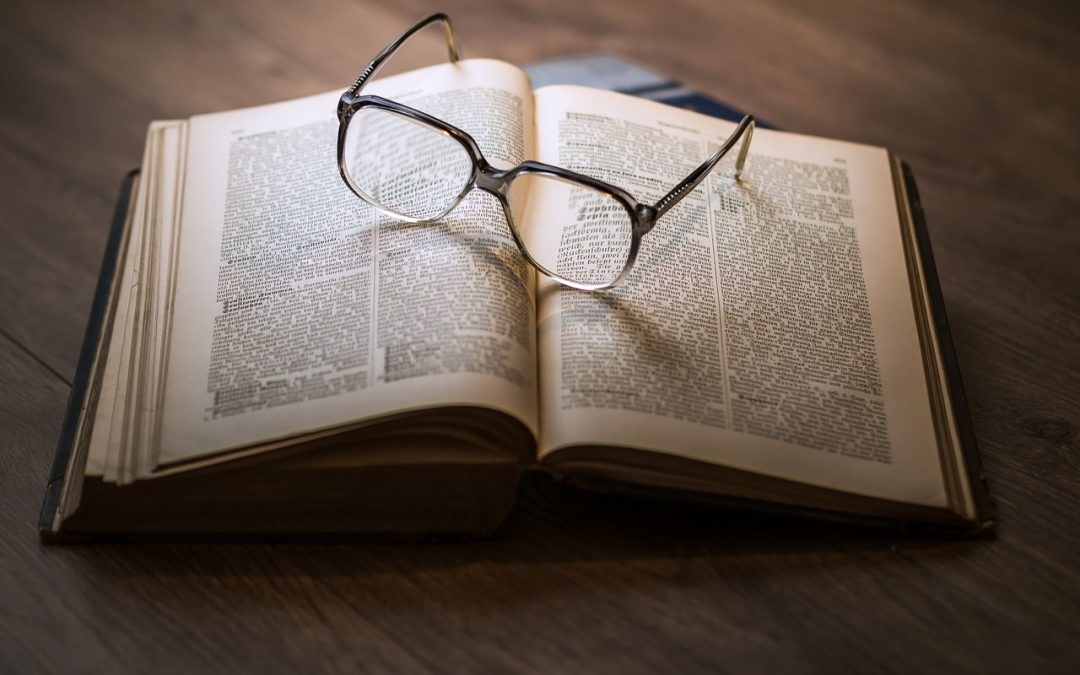Two pieces of legislation that may soon be signed into law in North Dakota would make it possible to restrict libraries and, in some cases, to imprison librarians.
As a closeted gay man, libraries were where I went to find stories that made me feel I could fit in the wider world.
North Dakota House Bill 1205 would prohibit public libraries from keeping and lending “books that contain explicit sexual material.” This could include “pictorial, three-dimensional, or visual” depictions of anything from sex scenes in movies to educational materials meant to teach teenagers about puberty.
The bill says that libraries have until Jan. 1, 2024 to create a procedure “for the development of a book collection that is appropriate for the age and maturity levels of the individuals who may access the materials, and which is suitable for, and consistent with, the purpose of the library.”
The bill gives no guidance on this. Also, Senate Bill 2360 prohibits organizations open to minors from displaying “objectionable materials,” or descriptions of “nude or partially denuded human figures posed or presented in a manner to exploit sex, lust or perversion.” This includes “human male genitals in a discernibly turgid state even if completely and opaquely covered.”
A photograph or description of the Venus de Milo could be illegal and would make it possible to charge offending librarians punishable with up to 30 days in jail and a fine of $1,500.
When I lived in England as a youth I searched the stacks for British writers such as: E.M.Forster, Oscar Wilde, and Christopher Isherwood. I was free to roam, peruse, and free to be myself, at least privately.
In a recent blog I talked about a rapidly growing and increasingly influence of conservative groups which describe themselves as defending parental rights with a recent focus on books.
The groups have pursued their goals by becoming heavily involved in local and state politics, where Republican efforts have largely outmatched liberal organizations in many states for years.
These groups claim the books to be sensitive, inappropriate or pornographic. In practice, the book s have been by or about Black or L.G.B.T.Q. people, according to the American Library Association.
Although there is online material, many queer young people need the library as a lifeline when they need it most. And perhaps read their way out of despair.
Libraries should be places where everyone is welcomed, no matter who they are, and where everyone can find themselves reflected in the stories on the shelves. Laws like these make that a lot less likely.

